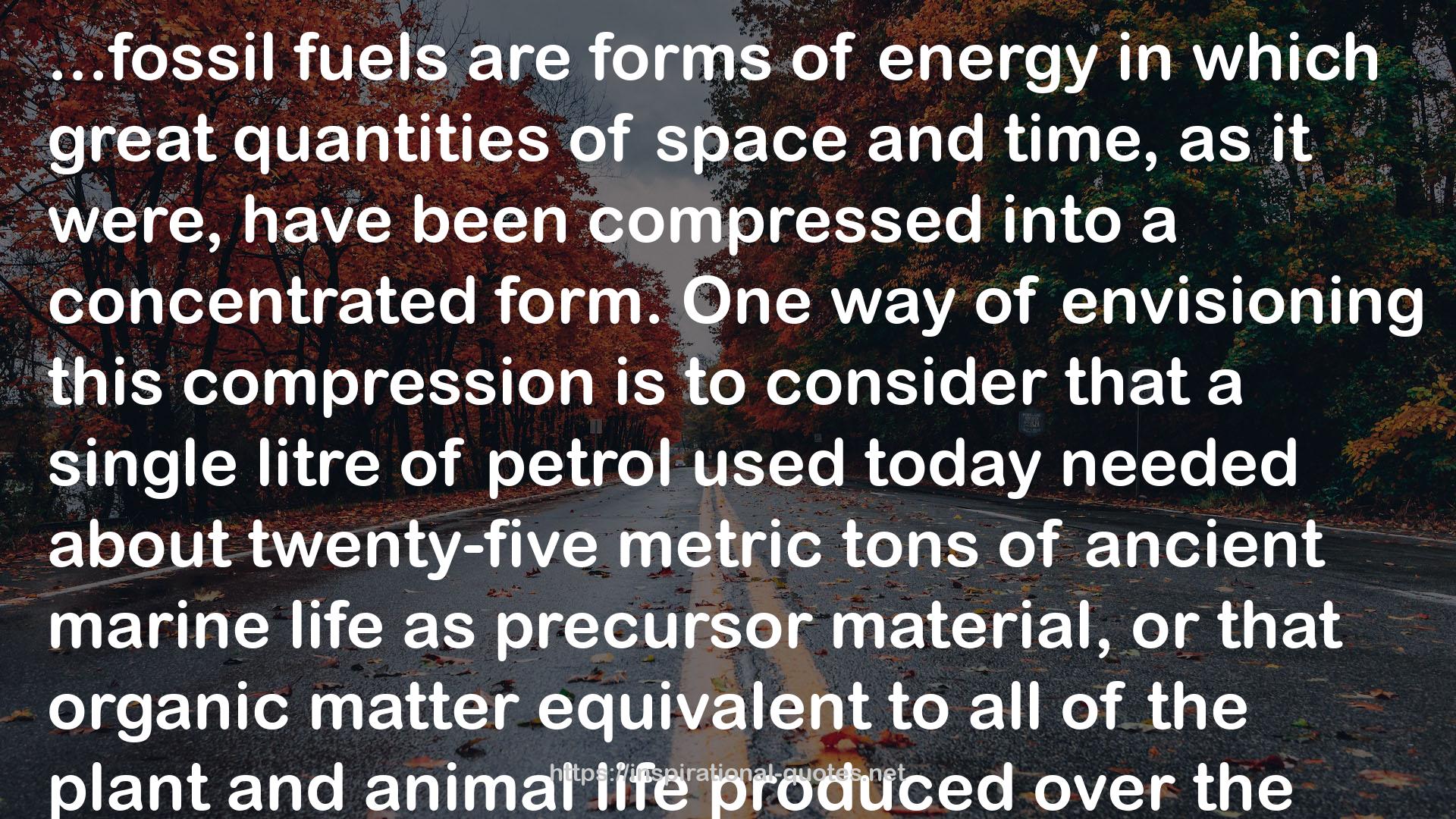Carbon Democracy: Political Power in the Age of Oil QUOTES
SOME WORKS
- Jewish Wisdom
- The Life Lucy Knew
- It's OK That You're Not OK: Meeting Grief and Loss in a Culture That Doesn't Understand
- Betrayal of Innocence: Incest and Its Devastation
- Basic Income: A Radical Proposal for a Free Society and a Sane Economy
- Random Harvest
- Souvenirs of Solitude: Finding Rest in Abba's Embrace
- Saga #49
- The Doctor with an Eye for Eyes: The Story of Dr. Patricia Bath
- Your Grief, Your Way: A Year of Practical Guidance and Comfort After Loss

